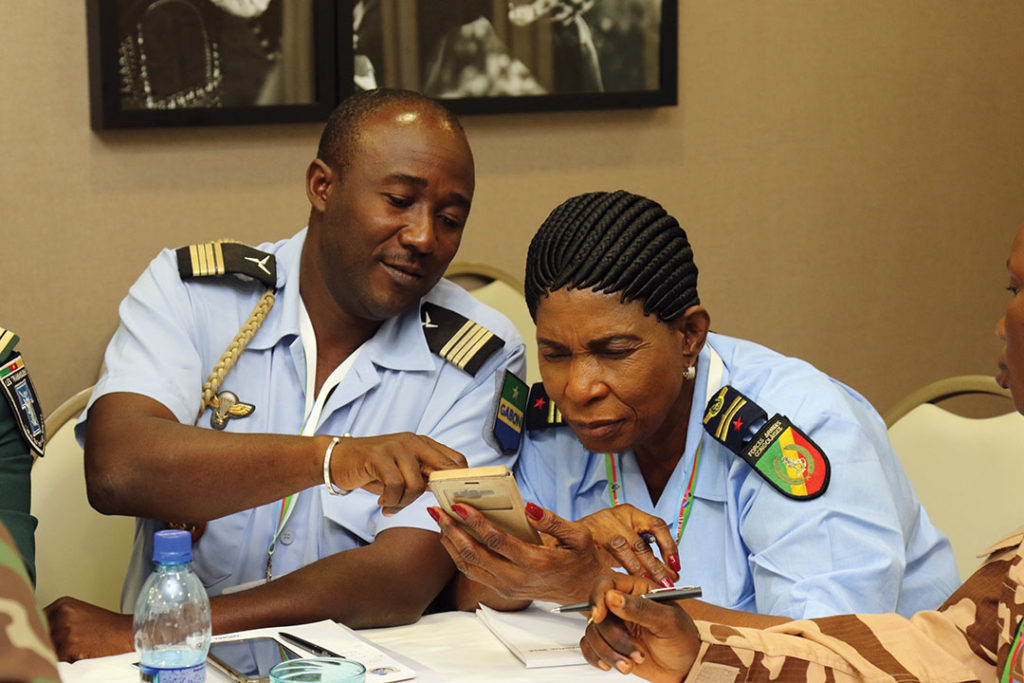
Africa, like the rest of the world, is embracing its digital future. African leaders are committed to boosting the digital economy and the digitalization of strategic sectors such as education, health, entrepreneurship, employment, peace and security, and good governance by facilitating the delivery of public services and creating more interactions between governments and citizens.
On the continent there are many successful digital experiences that need to be replicated in other countries to promote economic growth and social development. However, the more digitalized and connected our economy, the more important it becomes to secure our systems in cyberspace.
African countries today face a full spectrum of cyber threats, cyber crime, attacks, espionage and other malicious activities. Most of the time they don’t have the means to monitor and control their networks, which exposes them to risks that may affect their national security and economy.
As African countries increase access to broadband connectivity, they are becoming more interconnected and vulnerable to cyber attacks. It becomes critical to reinforce our human and institutional capacity to secure our cyberspace by building trust and confidence in the use of cyber technologies by African states and citizens.
According to the report “Cybersecurity and Cybercrime Trends in Africa” that we published in collaboration with Symantec in 2016, many African countries have yet to adopt policy instruments and legislative frameworks to fight malicious use of information and communications technology (ICT). Only eight countries have national cyber security strategies, and only 13 African countries have established their national computer emergency response teams.
The security and stability of our common African cyberspace relies on the local and national ability of all countries to cooperate to prevent and react to cyber incidents and investigate and prosecute cyber crime and cyber terrorism.
From the African Union Commission’s (AUC) perspective, a resilient and safe cyberspace depends on the successful implementation and execution of a holistic cyber security strategy, including the development of a vibrant ecosystem with strong legislative frameworks and technical know-how that gives oversight for securing networks and protecting critical infrastructure.
To address the challenges posed by crime committed with the use of ICT, the AU 23rd Assembly of Heads of State and Government adopted in 2014 the Convention on Cyber Security and Personal Data Protection. Known also as the Malabo Convention, it focuses on essential security rules for establishing a credible digital environment and enabling the development of a modern information society in Africa.
However, four years after its adoption, only three countries — Guinea, Mauritius and Senegal — have provided the AUC with ratification instruments. Its entry into force requires 15 ratifications.
We must safeguard our common African cyberspace as a shared asset and also as a shared responsibility to ensure its security and accessibility to all of our citizens.
We believe strong cyber security is a key building block of Africa’s digital transformation, so it is important to build up our capabilities by developing cyber policies and legislation and raising awareness at all levels of the benefits and threats related to the use of digital services.

